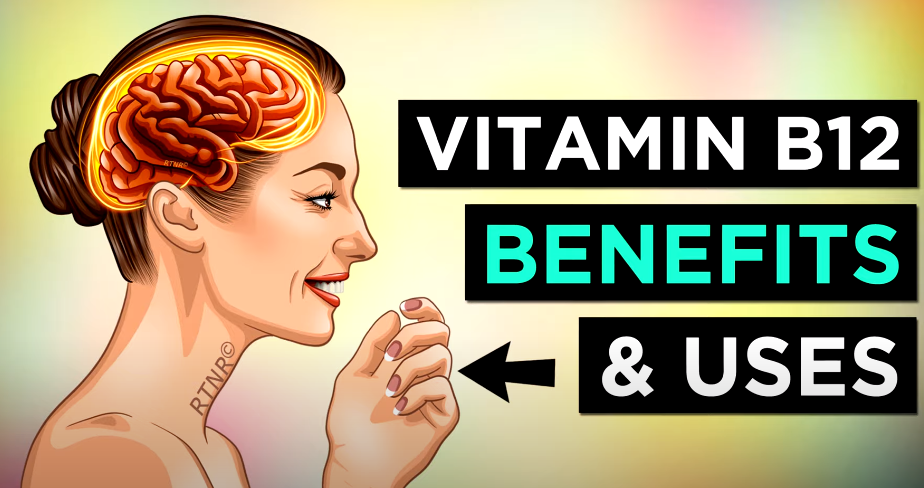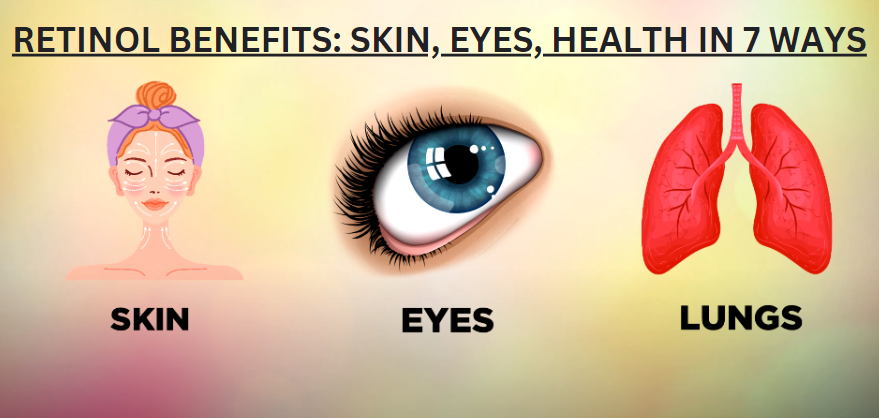Introduction
Vitamin B12 is a crucial water-soluble nutrient with numerous health benefits.
In this discussion, we will explore 14 important aspects of how vitamin B12 impacts overall health and well-being, as well as strategies to prevent a deficiency.
Builds red blood cells

One primary function of vitamin B12 is its role in building red blood cells. Found in various foods, particularly red meat, fish, and shellfish, B12 plays a vital role in the formation of red blood cells.
These cells are essential for transporting oxygen and nutrients to all cells and organs throughout the body.
Making DNA for Cell Division

In addition to red blood cell formation, vitamin B12 is crucial for DNA synthesis. Adequate B12 levels are necessary for proper cell division and the maintenance of genetic material within cells.
Insufficient B12 can lead to anemia and disruptions in cell division, causing various health issues.
Skin Health (Preventing Paleness)
The presence of iron and B12 contributes to healthy skin.
These nutrients allow red blood cells to reach the skin’s surface, providing it with a vibrant tone and color.
Conversely, a deficiency in red blood cells results in less hemoglobin, leading to pale, lifeless skin with a hint of a yellow undertone.
Protects Nerves and Myelin
Vitamin B12 deficiency is often observed in individuals with limited meat or fish intake, such as vegans and vegetarians.
This deficiency can lead to the degradation of myelin, the protective coating around nerves. Problems such as tingling, burning sensations, or shooting pains, especially in the extremities, may arise.
Supplementation, particularly with algae-based B12 like chlorella, is crucial for those on plant-based diets.
Protects the heart and arteries

Collaborating with other nutrients like B6 and folate, vitamin B12 plays a role in reducing homocysteine levels.
This process helps maintain the health of veins and arteries, lowering the risk of cardiovascular diseases, strokes, and heart problems.
Energy Production (Metabolism)
Insufficient B12 levels are associated with fatigue, tiredness, and pale skin. B12 is instrumental in the energy production process within cell mitochondria.
It aids in the conversion of carbohydrates into glucose, which serves as a primary energy source.
Understanding these mechanisms is crucial for combating fatigue and promoting overall well-being.
Psychological Health (Brain and Cognitive)
The brain requires ample oxygen for optimal function, relying on a healthy supply of red blood cells.
B12 deficiency can result in misshaped red blood cells, leading to memory issues, poor concentration, and links to depression and anxiety.
Ensuring adequate B12 levels is essential for maintaining psychological health.
Supporting Eye Health

A deficiency in vitamin B12 can negatively impact the nerves and blood vessels of the eyes, potentially causing poor eyesight and blurred vision.
Incorporating B12 and iron from whole food sources, such as liver or beef, can nourish the eyes and, when combined with vitamin A, lower the risk of age-related macular degeneration.







